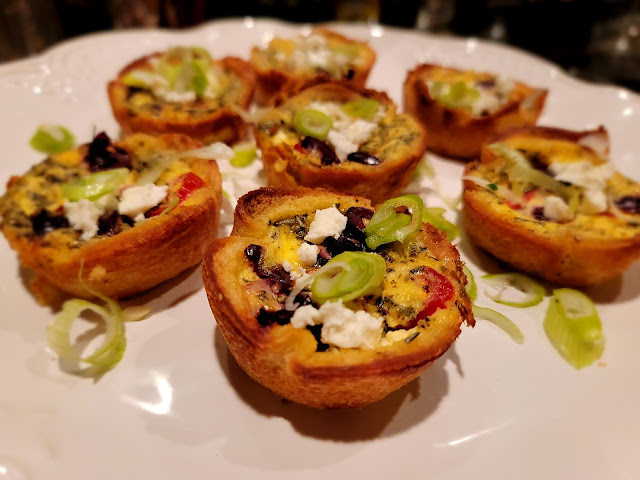Ducky and Delicious
Recently, in an attempt to satisfy my husband's curiosity about duck eggs, I found myself with a challenge--how long does it take to cook the perfectly boiled duck egg and what do I do with it once I've achieved that goal?
I ran (virtually) to my friends Aaron & Susan of Tyrant Farms fame for their guidance. Aaron and Susan are proud parents of one extremely adorable human baby and several Welsh Harlequin ducks. They know about duck eggs and advised me to look online or to experiment with one egg, adding a bit more time to the typical chicken egg cooking process. They admitted that to eating their eggs using other methods of preparation or in baking, etc. They also shared a couple of facts: Duck eggs have an extremely hard shell and are quite difficult to peel while they are super-fresh. There is a higher yolk to white ratio in a duck egg.
 |
| Aaron & Susan of Tyrant Farms Visit their website for help with gardening, ducks, and parenting. |
Back to the duck eggs! My duck eggs were purchased in a grocery store, they came from pasture-raised and free-range ducks. They came from a farm several states away. So, while they're not old or bad (as in rotten) they're older than the yard-fresh eggs that Aaron and Susan have. When boiling either chicken or duck eggs, fresh is not your friend. As I understand it, and I'm happy to be corrected, with a bit of age comes a bit of separation of the egg white from the shell. This results in eggs that you can peel without taking off bits of the white, which results in a dimpled peeled egg. Not attractive!
My method for boiling duck eggs. This took a little guesswork and a couple of experiments. My eggs were labeled "mixed sizes." Fortunately, my rapid research (about ten minutes) on the internet revealed that we'd be dealing mostly with large and extra-large grocery store duck eggs. So I had large and extra-large eggs to work with. This is what I did.
Extra Large Boiled Duck Eggs
- Bring a pot of eggs in cold tap water to just below boiling. Refer to the photo below.
- Set timer for eight minutes.
- When the timer goes off, turn off the heat.
- Reset the timer for two minutes.
- When the timer goes off again, pour off the hot water and run cold water into the pot for about 30 seconds. Empty the pot of water, fill with ice and top off with new tapwater. DO THIS IMMEDIATELY. Don't linger or your eggs will continue to cook.
- Leave the eggs submerged in cold water for ten minutes or up to 30 minutes. Drain and peel.
- Follow the same process as for extra large eggs.
- CHANGE cooking time to six minutes instead of eight.
 |
| This is when you set the timer |
 |
| Extra vinaigrette makes an excellent dip for crunchy vegetables like fennel, cucumber, celery, and radishes. |












Comments
Post a Comment